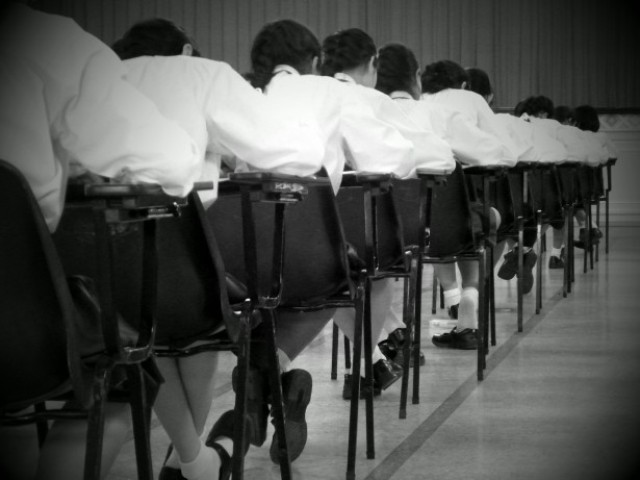Railway clarifies on RRB results of students securing abnormal marks

- Country:
- India
The Railways Wednesday issued a clarification on the Level-1 Railway Recruitment Board exams, saying marks secured by candidates are subject to normalisation which may result in students securing more than the total marks for the paper. The clarification came after a purported score sheet of a candidate of a group-D exam went viral on social networking sites Tuesday, showing the student scored 102, 109, 130, 148, 354 marks out of 100 in different sections of the test.
The railways said the scorecard was morphed. "A candidate score sheet with very high score is being made viral. Please note that this score sheet is morphed. The correct score sheet is given below. Please don't be misguided by unscrupulous elements," the railways had tweeted on Tuesday.
In its clarification Wednesday, the railways said it had not introduced any new method of result preparation. Normalisation is a process for ensuring that students are neither advantaged nor disadvantaged by the difficulty of papers they write.
The railways said 'normalisation' as a method is being used in most competitive exams including GATES. "This method of normalisation is being followed for nearly 19 years now, since 2000. On normalisation, marks secured by a candidate can become more than the total marks of the exam paper," the statement said.
Different RRBs had invited online applications against Centralized Employment Notification (CEN) on February 10, 2018, for a total 62,907 vacancies. As many as 1,89,78,913 online applications were received. A computer-based test was successfully conducted in 51 days from September 17, 2018, to December 17, 2018, in 152 shifts. The result of the above CBT was announced on March 4.
(With inputs from agencies.)
- READ MORE ON:
- Apple iPad Family
- Miss World
- Civil Services Exam
- Student teacher
- International student
- Aligarh Muslim University
- Ministry of Railways
- Indian Railways
- Rail transport
- Railway Recruitment Board
- Railway Recruitment Board- Bilaspur
- Railway Recruitment Board Chennai
- Student No.1
- Student loan
- Student of the Year
- Bill Gates
- candidates
- students
- Railways
- Tuesday
ALSO READ
South Korea election issues: Green onions, striking doctors, an alleged sexist jab at a candidate
Candidates Chess: Praggnanandhaa holds Firouza; Gukesh draws with Gujrathi
INDIA bloc has decided we are fighting ideological election; decision on PM candidate will be taken after polls: Rahul Gandhi.
INDIA bloc fighting ideological election, decision on PM candidate after polls: Rahul
Patnaik announces nine more candidates for Odisha Assembly election










